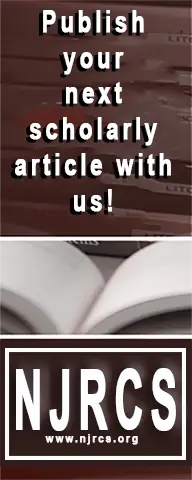The Role of Religion in Democratic Governance: Guardian of Civil Liberties or Catalyst for Conflict?
DOI:
https://doi.org/10.4314/njrcs.v13i2.2Keywords:
Religion, democratic governance, civil liberties, conflict, democratic principlesAbstract
The intricate relationship between religion and democracy has sparked intense debate among scholars and policymakers. Understanding this complex dynamic is crucial for promoting inclusive governance, social cohesion, and civil liberties in contemporary societies. This paper examines the dual role of religion in democratic governance, exploring its potential as both a guardian of civil liberties and a catalyst for conflict. Using a mixed-methods approach combining qualitative case studies and a quantitative structured survey, this study investigates how religious institutions and beliefs influence democratic processes and social harmony. The analysis draws on primary data from the survey and case studies, as well as secondary data sources. The interplay between religious freedom and democratic principles is highlighted, addressing both positive contributions and divisive impacts. The findings reveal a multifaceted relationship between religion and democracy, with outcome varying significantly based on contextual factors.
Downloads
Published
Issue
Section
License

This work is licensed under a Creative Commons Attribution-NonCommercial 4.0 International License.





